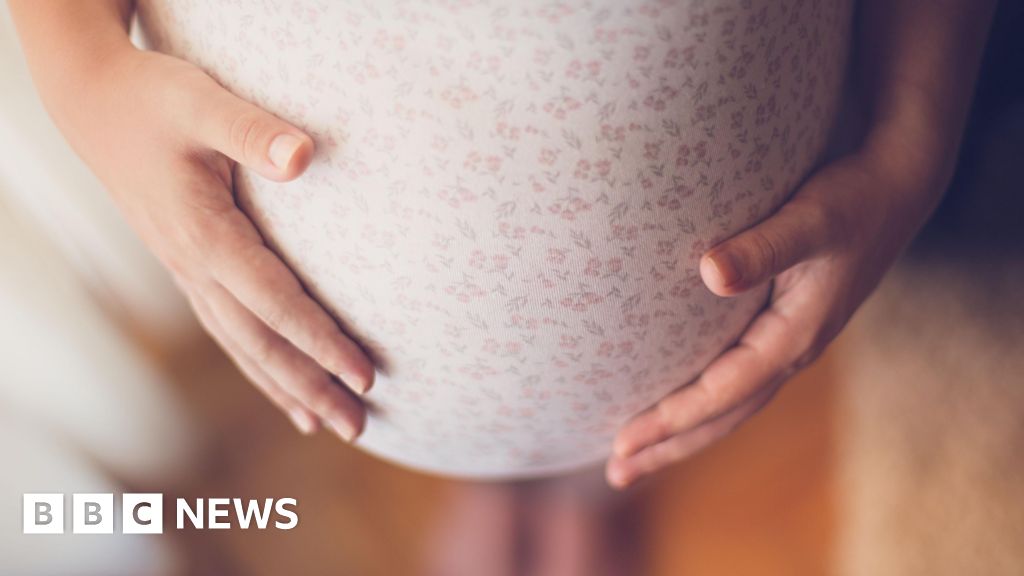- Innovation
She Gave Her Mom Creative Freedom to Decorate Her Dream Home. The Results Went Viral (Exclusive)
时间:2010-12-5 17:23:32 作者:Green 来源:Opinion 查看: 评论:0内容摘要:The kit contains rails, hangers, signs and mirrors to help people easily put on a pop-up clothes swap.The kit contains rails, hangers, signs and mirrors to help people easily put on a pop-up clothes swap.
The gold-laden pieces go to an on-site chemical plant.They’re tipped into a chemical solution which leaches the gold out into the liquid.

This is then filtered, leaving a powder behind. It looks pretty nondescript but this is actually pure gold – it just needs to be heated in a furnace to be transformed into a gleaming nugget.“Traditional gold recovery processes are very energy intensive and use very toxic chemicals that can only be used once, or they go to high energy smelters and they're basically burnt,” says Leighton John, the Royal Mint's operations director.“The groundbreaking thing for us is the fact that this chemistry is used at room temperature, at very low energy, it’s recyclable and pulls gold really quickly.”

There’s no shortage of e-waste for the Royal Mint to target. Theplaces the UK as the second biggest producer of tech trash per capita, beaten only by Norway.

“Our aim is to process over 4,000 tonnes of e-waste annually,” says Leighton John.
“Traditionally this waste is shipped overseas but we're keeping it in the UK and we're keeping those elements in the UK for us to use. It's really important.”The code adds that it is "primarily a matter of judgement for ministers who are personally responsible for deciding how to act" in relation to accepting gifts.
The monthly register will include details and the value of gifts worth more than £140, as well as hospitality, received and given by ministers in their ministerial capacity.revealed the prime minister is renting out his family home in north London after moving into Downing Street.
Sir Keir is not the first prime minister to do so - David Cameron also rented out his family home and Theresa May rented out a flat she owned in central London.The list includes any relevant private interests which could be perceived to give rise to a conflict with a minister's public duties.
- 最近更新
- 2025-07-07 07:11:14Saving vs. investing: Which strategy works best for growing and protecting your wealth?
- 2025-07-07 07:11:14Fact check: Is Zohran Mamdani a communist?
- 2025-07-07 07:11:14The best hair growth vitamins and supplements, according to experts
- 2025-07-07 07:11:14The best chili joints in America
- 2025-07-07 07:11:1420 genius kitchen accessories under $30 that every kitchen needs
- 2025-07-07 07:11:14What’s next for US birthright citizenship after Supreme Court ruling?
- 2025-07-07 07:11:14More than 30 Palestinians killed as Trump says Israel agrees to Gaza truce
- 2025-07-07 07:11:14Poker: Omaha (Pot Limit)PlayMasque Publishing
- 热门排行
- 2025-07-07 07:11:14Israel kills 29 Palestinians as Hamas says ready for Gaza ceasefire talks
- 2025-07-07 07:11:14The best hair growth vitamins and supplements, according to experts
- 2025-07-07 07:11:14Royal Caribbean's private island in the Bahamas
- 2025-07-07 07:11:14How to switch your car insurance: 5 simple steps — and why it pays to shop around
- 2025-07-07 07:11:14how these telematics programs work
- 2025-07-07 07:11:14Solitaire: FreeCellPlayMasque Publishing
- 2025-07-07 07:11:14Car insurance myths: Red cars, rate negotiations and other popular misconceptions
- 2025-07-07 07:11:14Halloween money magic: 7 smart ways to scare up savings and boo-st your finances
- 友情链接
- Rockies' 2nd straight win in Miami ends MLB-record streak of series losses at 22 Alaska Airlines reveals its first European destination The Trump administration just doubled the tariffs on steel and aluminum imports. Here’s what that means Al Roker Says ‘There’s No Magic Bullet’ for Weight Loss, You Have to ‘Put in the Work’ (Exclusive) The Trump administration just doubled the tariffs on steel and aluminum imports. Here’s what that means Mind-Blowing Facts About Penguins You Probably Didn’t Know Jackie Chan Reveals Shocking Revelation About 'Rush Hour' Co-Star Chris Tucker Have You Heard? Jello Poke Cake Is Officially Cool Again Carnival Cruise Lines doubles down on ‘zero tolerance’ policy Our Most-Saved Breakfasts to Make Ahead ‘President Trump And Elon Musk Showed Us How To Do It’: Ron Johnson Wants Forensic Budget Review On Excess Spending Medicaid Cuts Are 'Heroic,' Speaker Mike Johnson Says: 4.8 Million Won't Lose Healthcare 'Unless They Choose To Do So' Jessie J Says She Was Diagnosed With ‘Early Breast Cancer’ Before the Release of ‘No Secrets’: ‘I Just Wanted to Be Open and Share It’ 8 Reasons Your Kitchen Smells Bad—and How to Freshen It Up ASAP Wake Forest baseball coach apologizes for homophobic slur caught on camera during NCAA Tournament game Judge tells Blake Lively and Justin Baldoni to work out dispute over dismissal of claims Jackie Chan Says He Learned English by Listening to Country Music, Serenades Kelly Clarkson with Willie Nelson Classic Linda Evangelista's Lookalike Son Looks So Grown Up at Graduation With Stepmom Salma Hayek 6 run 5th inning rally helps Royals beat Cardinals 10-7 in Jac Caglianone's debut Bizarre Quantum Universe Great Dane Who 'Thinks He's a Goat' Has Everyone in Stitches South Korea’s opposition leader Lee wins election as voters punish conservatives after martial law chaos Cuba partially rolls back internet rate hike as anger grows Your June Horoscope Is Transformative and 3 Zodiac Signs Are Completely Starting Over People Are Waiting HOURS For These Viral Donuts—Is It Worth It? Canadian wildfire smoke spreads into US Midwest Astros' McCullers gets first win since 2022 after overcoming injuries, death threats Donald and Melania Trump to attend Kennedy Center's opening night of Les Misérables Sentnor and Biyendolo score 2 each and US women beat Jamaica 4-0 Bethenny Frankel Flashes Her Bum in 2nd Thong Swimsuit: ‘I’m a Supermodel’
